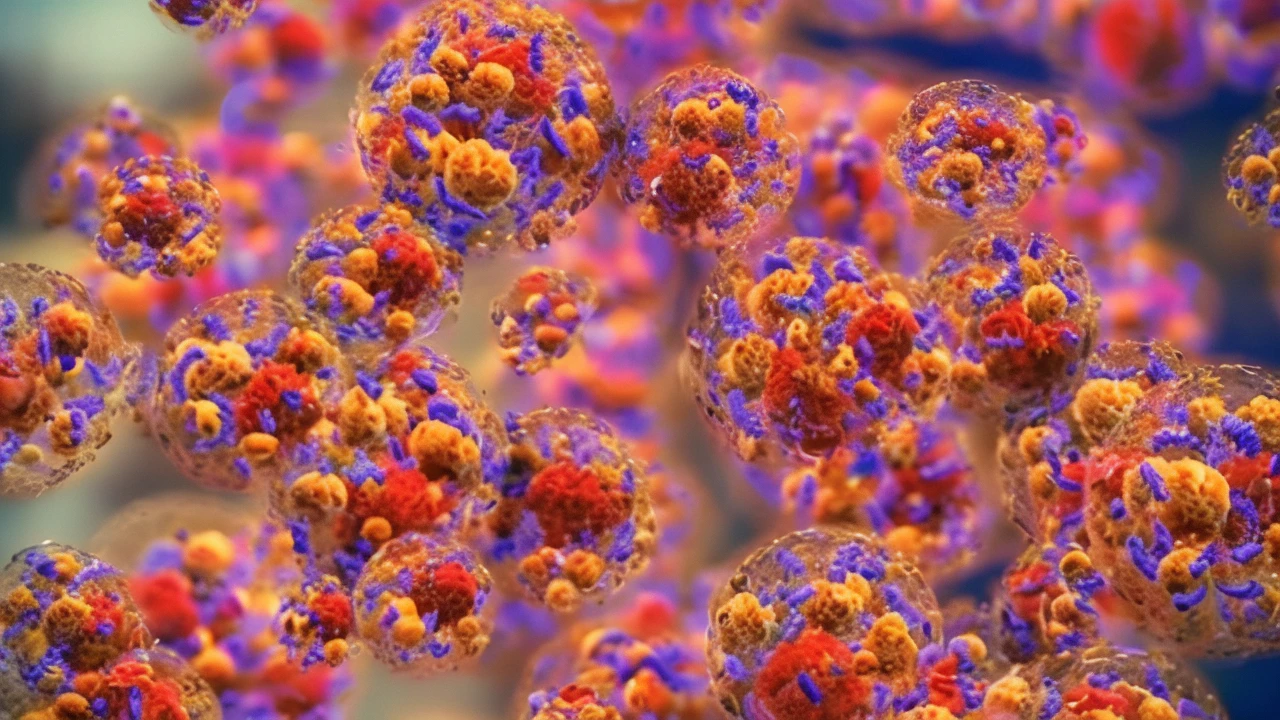Metabolism
Metabolism is the sum of all chemical reactions in living organisms that maintain life, covering the entire process from nutrient intake and transformation to energy production and utilization. Metabolic processes consist of two aspects: catabolism and anabolism. Catabolism breaks down complex macromolecules (such as carbohydrates, fats, and proteins) into simpler molecules (such as glucose, fatty acids, and amino acids), releasing energy and producing ATP. Anabolism uses this energy to synthesize small molecules into macromolecules, constructing and maintaining cell structure and function. Metabolism is central to life activities, involving energy conversion, storage, and utilization, as well as growth, repair, and reproduction in living organisms.
Metabolic research spans a wide range of fields, from the molecular level to the ecosystem level, aiming to gain a deep understanding of metabolic mechanisms, metabolic pathway regulation, and the role of metabolism in health and disease. Key research areas include cellular metabolism, tissue and organ metabolism, organismal metabolism, and metabolic diseases. Metabolic research is not limited to basic scientific questions but also involves applied research in fields such as medicine, agriculture, biotechnology, and environmental science.

- International Certification: The ISO9001 system ensures our quality management meets international standards.
- Rigorous Quality Control: Three-stage quality control covers the entire product lifecycle, ensuring superior performance.
- Traceability: All production records and quality data are fully documented, ensuring product transparency and reliability.
- Continuous Improvement: We constantly optimize product performance through customer feedback and internal audits.

